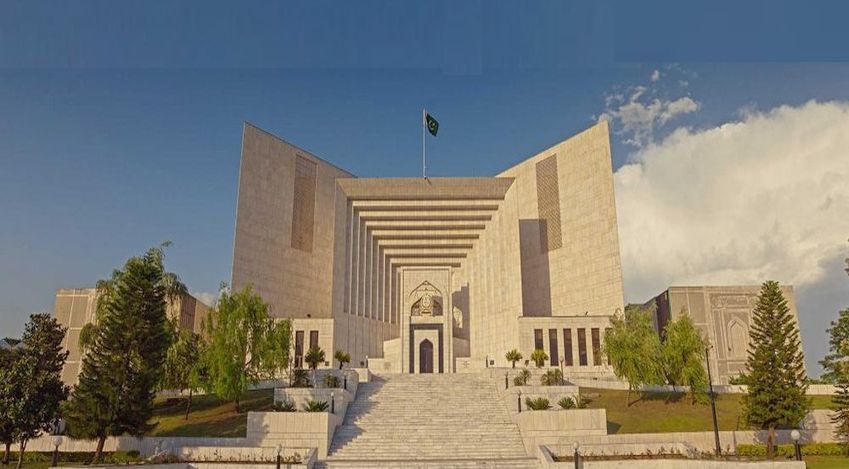The Principle that Legal Interpretations must align with Islamic Injunctions --- Supreme Court of Pakistan
Islamabad 29-07-2024: The Supreme Court of Pakistan, in a landmark judgment, has reinforced the protection of fundamental rights while addressing the contentious issue of religious freedom for the Ahmadiyya community. The decision, delivered by a bench comprising Mr. Justice Qazi Faez Isa, Chief Justice, along with Mr. Justice Irfan Saadat Khan and Mr. Justice Naeem Akhtar Afghan, reviewed an earlier order from February 6, 2024, involving the State through the Prosecutor-General of Punjab and Mubarik Ahmad Sani, among others.
The case stemmed from multiple criminal review petitions and miscellaneous applications concerning the application of Pakistan's blasphemy laws on Ahmadis. The primary allegations against the respondents involved violations under sections 295-B and 298-C of the Pakistan Penal Code (PPC), related to the desecration of the Holy Quran and the misuse of religious epithets reserved for Muslims.
The Court highlighted the constitutional protections under Articles 9, 10A, and 4, emphasizing that no individual should be deprived of their liberty except in accordance with the law. The Court found that the petitioner had already served the maximum imprisonment term prescribed for the offence and continued detention would violate his fundamental rights.
In its detailed judgment, the Court scrutinized the evidence against the accused, concluding that there was no substantial proof to support claims of desecration under Section 295-B. The judgment also clarified that the mere recitation of religious texts by Ahmadis does not constitute an offence under Section 298-C.
The Court reaffirmed the principle that legal interpretations must align with Islamic injunctions. This principle was upheld by referencing past judgments, including “Zaheeruddin Vs. The State”, [1993 SCMR 1718], to ensure consistency and fairness in applying religious laws.
The Court reiterated the importance of constitutional definitions, specifically Articles 260(3) and 106(3), which categorically define who is considered a Muslim and a non-Muslim. This categorization has significant legal and social implications for the Ahmadiyya community.
The Court stressed the joint responsibility of the state and judiciary to protect the life, liberty, honor, and fundamental rights of all citizens, regardless of their community. This protection is crucial for maintaining social harmony and upholding the rule of law.
The Supreme Court directed the immediate release of Mubarik Ahmad Sani, stating that his prolonged detention without a valid legal basis was unconstitutional. The judgment serves as a reminder of the judiciary's role in safeguarding fundamental rights while ensuring that legal provisions are applied fairly and justly.
This landmark judgment is expected to have far-reaching implications for the application of blasphemy laws in Pakistan, particularly concerning minority communities. Legal experts believe this decision will pave the way for more balanced and rights-oriented interpretations of religious laws, reinforcing Pakistan's commitment to upholding fundamental rights as enshrined in its Constitution.
Powered by Froala Editor








